THE move by government to make the RTGS currency the country's sole legal tender can work if government remains fiscally disciplined, builds political and economic confidence and boost production.
Last Monday, Finance minister Mthuli Ncube outlawed the use of British pound, United States dollar, South African rand, Botswana pula and other currencies as an instrument of trade in Zimbabwe.
The country's largest labour federation has threatened to unfurl protests starting Monday over the government's controversial decision.
Economists that spoke to the Daily News acknowledged that the multi-currency system was no longer working and that the country needed its own domestic currency.
Economist Kipson Gundani said government gambled by introducing a domestic currency at a time when the country's Gross Domestic Product (GDP), current accounts as well as confidence in the market was extremely low.
"The Finance minister made a gamble which I would have made if I were in his shoes. This move will work given the government remains fiscally disciplined, we build confidence not only from an economic point of view but from a political view as well as targeting low hanging fruits by being able to produce to a point where we are able to feed ourselves as a country," Gundani said.
He also said government must put in place market mechanisms to mop up money from the unbanking members of the public who keep their money at home after losing confidence in the banking sector. Most of these lost their hard earned savings before.
Gundani noted that the current accounts pose a threat to the stability of the currency as the country imports more than it export.
However, he emphasised this can be arrested if the country manages to produce to an extent that it feeds itself.
Researcher and economics lecturer at the University of Zimbabwe Carren Pindiriri echoed the same sentiments, saying the need to have own currency was not questionable as using the greenback was making industry uncompetitive.
Pindiriri said confidence was still very low among the citizens given not only the country's history but that some of the conditions required to successfully de-dollarise have not been met.
"Only fiscal balance has been corrected but we still have negative current account balance and low productivity. We do not have enough foreign currency to manage the floated exchange rate," Pindiriri told the Daily News.
He warned that the official exchange will soon approach the high black market rate experienced just before government introduced banned used of forex.
"Prices will remain high because we import most of the goods, hence prices are shaped by developments in the foreign exchange market. High wage demands are likely to persist, thereby increasing inflationary pressure," he said.
Last month, government announced that it had begun drawing down on a US$500 million facility secured from the African Export-Import (Afrexim) Bank to supply the interbank market in an effort to stabilise runaway prices of goods and services.
However, the facility proved not sufficient, prompting Ncube and Reserve Bank of Zimbabwe (RBZ) governor John Mangudya to turn to China to source more lines of credit.
Confederation of Zimbabwe Industries (CZI) president Henry Ruzvidzo welcomed the move saying the productive sectors see the opportunities that a well-managed monetary policy offers
"Bolstering of the formal foreign currency market will hopefully bring stability to the exchange rates and inflation. Business models across all sectors will be shifting a great deal and might result in supply bottlenecks. What is important however, is quick action on the part of all stakeholders," Ruzvidzo said.
While government banned use of foreign currency for domestic transactions, individuals and corporates are still allowed to hold forex in their nostro FCAs.
While most expressed hope that government's gamble is a step in the right direction, others warned if not properly handled, the move will take the country back to 2008 which was characterised by a thriving black market, hyperinflation and shortage of basic goods in shops.
Former Zimbabwe National Chamber of Commerce (ZNCC) president Trust Chikohora said the move might prove disastrous in the long-term.
"Goods might become scarce while some may disappear because retailers were importing the goods from outside the country and they were using the foreign currency they were earning. The goods might re-emerge at the black market where they will be more expensive.
"People were using the US$ price to benchmark RTGS prices but will now quote prices from the top of their heads to avoid incurring losses," he said.
Chikohora said while the situation might appear stable in the next few days owing to shocks in the system, the country will eventually reel in hyperinflation and shortages.
The Zim dollar replaced Rhodesian dollar at par in 1980 when the country gained its independence and was the sole legal tender till 2009.
During the period, the currency was redenominated three times owing to hyperinflation and political turmoil.
At the height of hyperinflation, the country printed $1 trillion dollar notes before government abandoned the currency and legalised forex for all transactions.
In December 2014, it introduced bond coins which were supported by a US$50 million loan from Afrexim Bank to deal ensure availability of smaller units when transacting.
As cash shortages worsened, government introduced bond coins which were supported by a US$200 million facility extended to RBZ by Afrexim Bank at par with the greenback.
At the time, government assured citizens that the move was not an attempt to sneak back into the economy the Zim dollar.
Meanwhile, President Emmerson Mnangagwa said the fundamentals to introduce a new currency were already in place signalling a potential bounce back of the hard currency dollar that might replace the fiat currency including bond notes, coins and RTGS$ possibly by March 2020.
- dailynews
 Mnangagwa in Eswatini
Mnangagwa in Eswatini  South Africa is in serious trouble
South Africa is in serious trouble  US halts visa services for Zimbabwean nationals
US halts visa services for Zimbabwean nationals  ZSE and VFEX recover after weak 1st half
ZSE and VFEX recover after weak 1st half  Gold edges up as traders await guidance
Gold edges up as traders await guidance  Zimbabwe Agricultural Show 2025 kicks off
Zimbabwe Agricultural Show 2025 kicks off  Young Investment Professional (YIP) Graduate Programme 2019
Young Investment Professional (YIP) Graduate Programme 2019 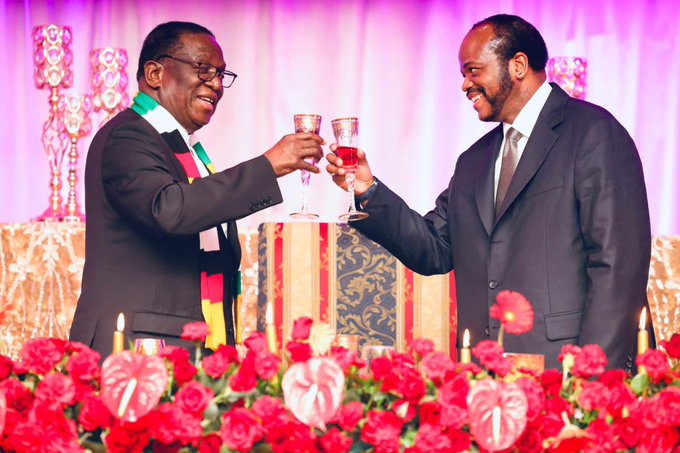
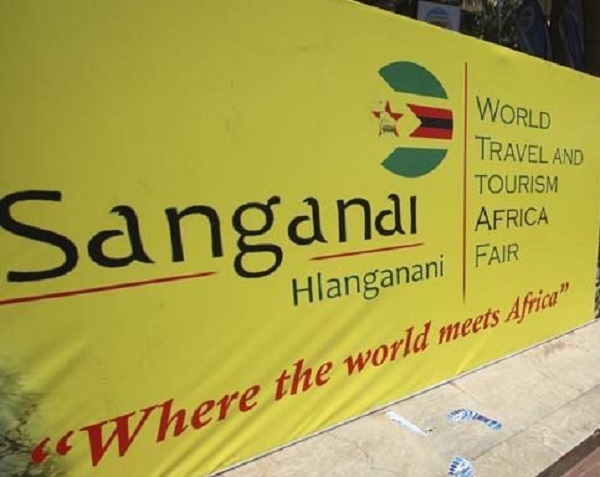


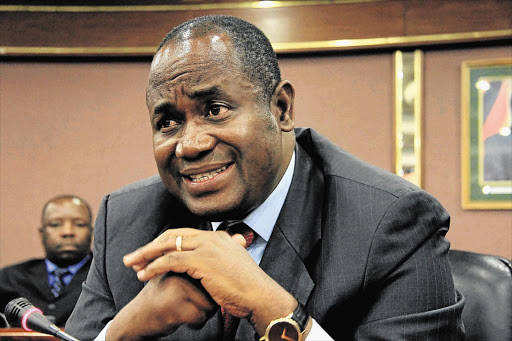
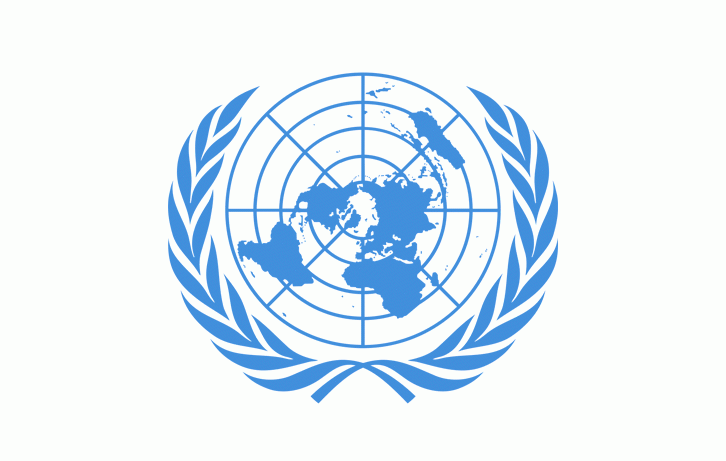
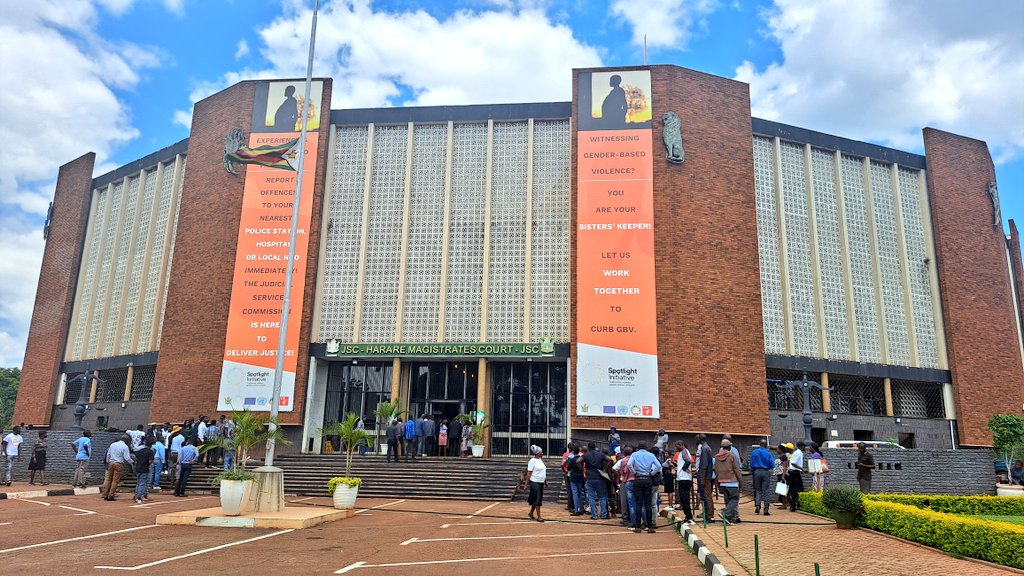
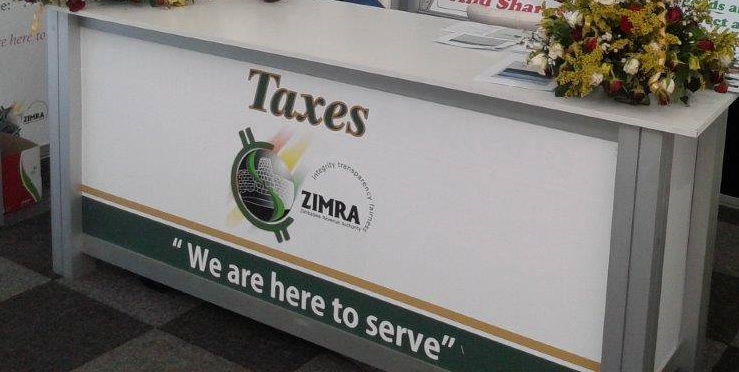
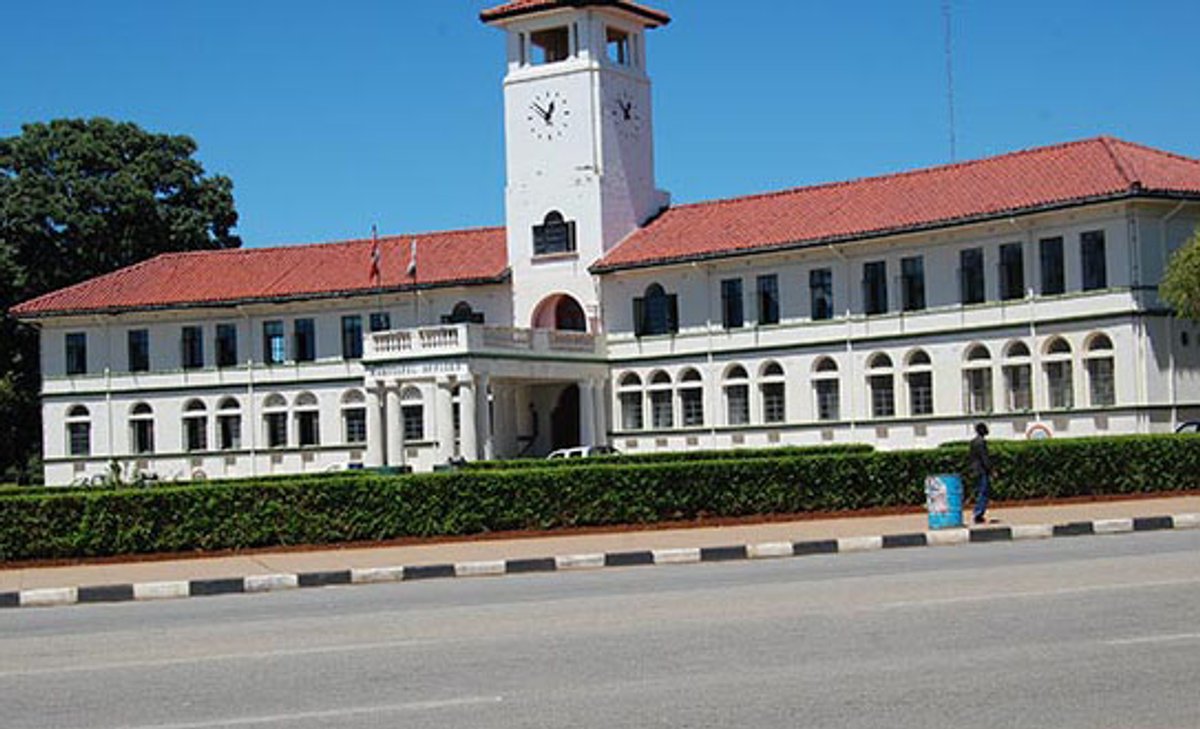
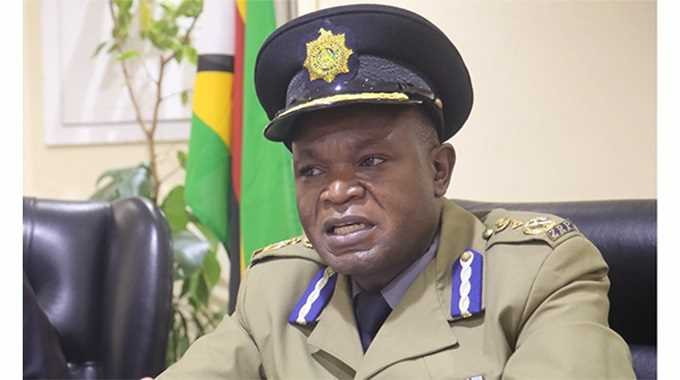

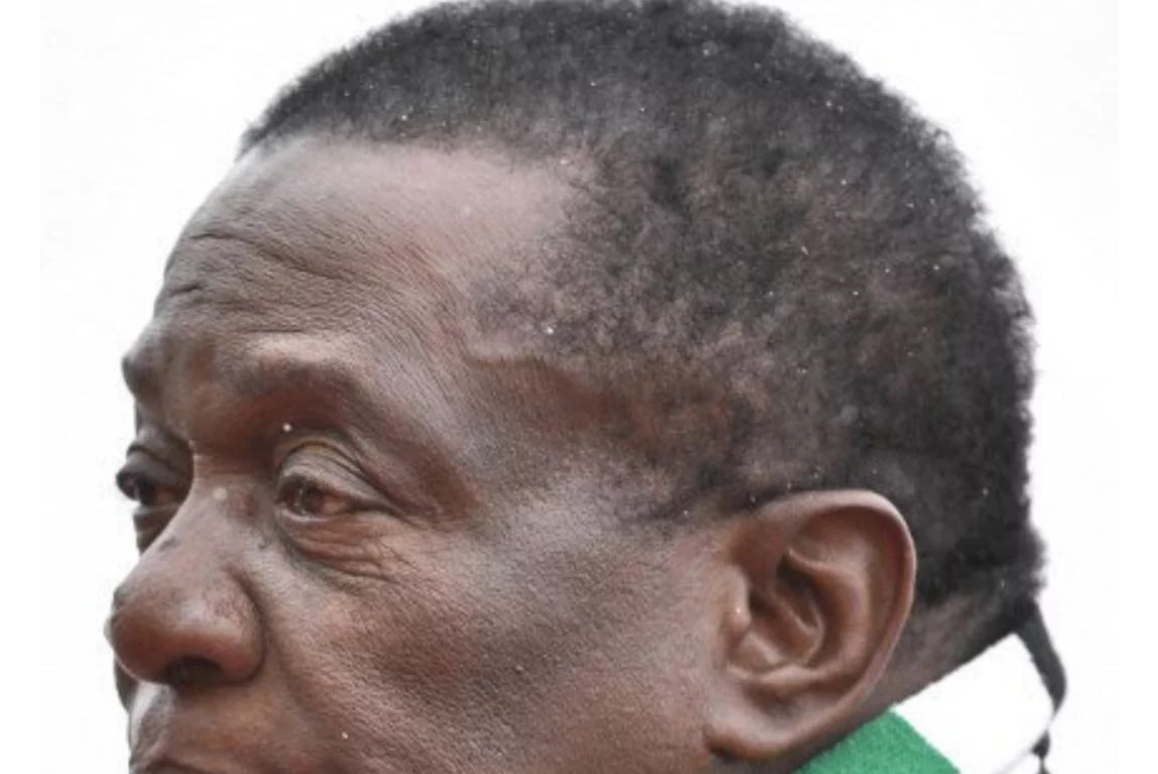
 Young Investment Professional (YIP) Graduate Programme 2019
Young Investment Professional (YIP) Graduate Programme 2019
Editor's Pick